Description de la soumission d'un avis
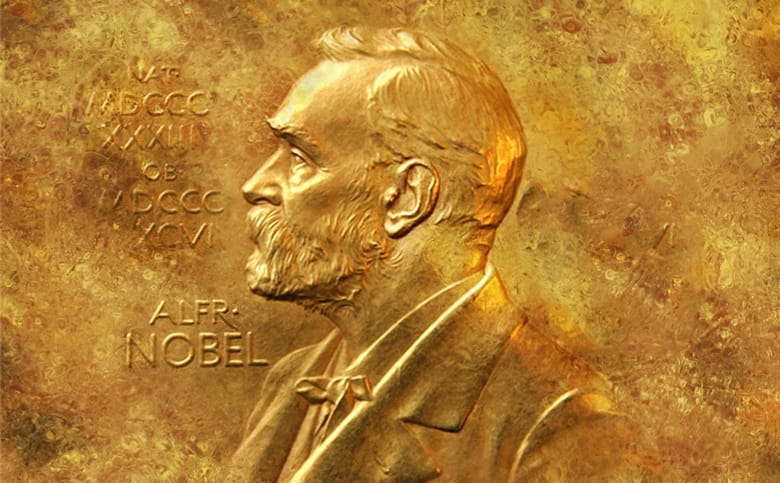
Conference by Pr. A. Patapoutian, 2021 Nobel Prize in Medicine or Physiology
Aix-Marseille University, the City of Marseille, the CNRS, and our Institute have the great privilege of welcoming Professor Ardem Patapoutian, winner of the 2021 Nobel Prize in "Medicine or Physiology" for his work on the sense of touch and temperature sensation.
Major event
Prof. Ardem Patapoutian will come to Marseille on April 4th to give a special lecture from 4 pm. In France, for only two meetings, he did us the honour to accept the invitation of two of his former students: Aziz Moqrich, CNRS Research Director at IBDM and Bertrand Coste, CNRS Research Fellow at LNC, two NeuroMarseille laboratories.
This conference in English entitled “How do you feel? The molecules that sense touch“, is open to all upon registration: this eminent expert will be welcomed at 4 pm by Mr Eric Berton, President of AMU, Mr André Le Bivic, Director of the INSB and Mrs Biancarelli-Lopes, Deputy Mayor in charge of Research, Student Life and Higher Education. Indeed, the arrival of the 2021 Nobel Prize for “medicine or physiology” represents an excellent opportunity for the image of scientific research developed in the neuroscience laboratories of Marseille.
Before the conference, Prof. Patapoutian also accepted a meeting exclusively dedicated to Aix-Marseille University students: NeuroSchool’s PhD program proposes extending its monthly tutored seminar to L3, M1, M2 students. Young post-doctoral students (PhD students for less than 2 years) are also welcome!

Pr Ardem Patapoutian
Go to registration
A team story
During his years of research, two researchers from Marseille contributed to much of the work, when they were postdoctoral fellows in the laboratory of Prof. Patapoutian: Aziz Moqrich between 2000 and 2005 and Bertrand Coste between 2007 and 2012. Both obtained their PhD in neuroscience at Aix-Marseille University and became researchers at the CNRS.
The sense of touch has long been the ‶mal-loved″ of the five senses: in fact, the neurosensory community has only really started to pay attention to it since 1997 and the identification of the TRPV1 channel activated by heat and capsaicin (the main ingredient in chili pepper). This major discovery, made by David Julius‘s group at UCSF, brought research on the sense of touch back to the forefront. In August 2000, Aziz Moqrich joined Ardem Patapoutian’s lab at the Scripps Research Institute where he made major contributions to the identification and characterization of other temperature-activated TRP channels. He first identified the TRPM8 channel activated by cold and menthol (Peier and Moqrich, Cell, 2002). The same year he helped to identify the TRPV3 channel activated by warm temperature (Peier et al., Science, 2002) and showed that this same channel could be activated by Camphor (Moqrich et al., Science, 2005).

Aziz Moqrich, CNRS Research Director, IBDM
Meanwhile, there is nothing on the horizon for the channels activated by the mechanical stimulation involved in touch.
In August 2007, Bertrand Coste joined Ardem Patapoutian’s laboratory with the goal of identifying mechanosensitive channels. He has undertaken a pharaonic work! Dr Coste identified a mechanosensitive cell line, and by an approach of inhibiting the expression of candidate genes expressed in this line, he tested them one by one. Inhibition of the 72nd candidate abolished the response of the cells to mechanical stimuli. Mechanosensitive channels of the PIEZO family had just been identified (Coste et al., Science, 2010; Coste et al., Nature, 2012).

Bertrand Coste, CNRS Research Fellow, LNC
Both discoveries are truly revolutionary because they have allowed us to understand how heat, cold and mechanical force can be at the origin of the genesis of nerve impulses that allow us to detect, perceive and adapt to the different types of stimuli to which we are subjected in our daily lives. These discoveries are all the more solid because when these receptors malfunction, the consequences can be very serious. The loss of function of Piezo2 in humans completely abolishes the perception of light touch and prevents these patients from developing mechanical allodynia: a phenomenon of mechanical hypersensitivity that is very important for the protection of the region of the body with tissue damage.
Finally, the hard work of Aziz Moqrich and Bertrand Coste has given them the impetus to pursue an accomplished career, which they are currently pursuing in the laboratories of NeuroMarseille, hosted by AMU: the IBDM and the LNC.
Register to the conference (free but mandatory)
📢 Students: for this special occasion with Prof. Patapoutian, a tutored discussion session is proposed before the main lecture (16:00): you will meet at 14:30. Please register for the preparatory meeting on AMETICE to prepare your questions which may also go beyond the scientific framework! Doctoral students, this registration is also compulsory for your hours to be counted: participants benefit from a 3-hours bonus, session chairs from a 4-hours bonus.
L3, M1 and M2 students can also attend this tutored session: consult your AMETICE interface to register.
Young post-doctoral students (PhD less than 2 years old) are also welcome: please register at neuromarseille-com@univ-amu.fr.
For AMU students outside Neuroschool and students outside AMU, please send an email to dorian.martin@univ-amu.fr to register
This event is made possible by our partners:
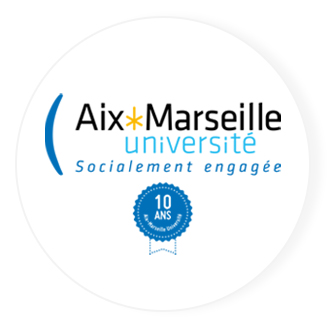 | 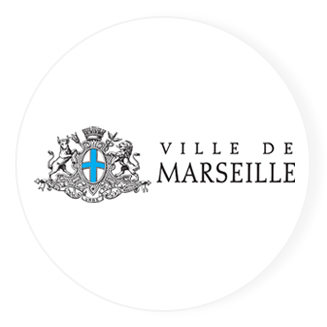 | 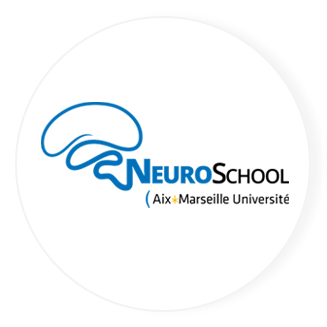 |
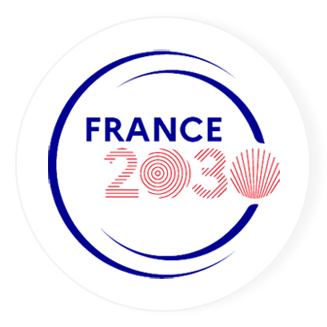 | 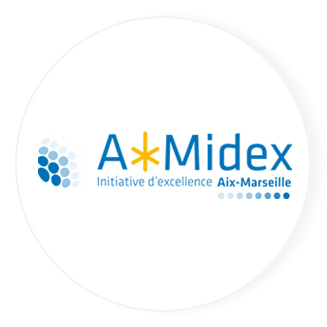 | 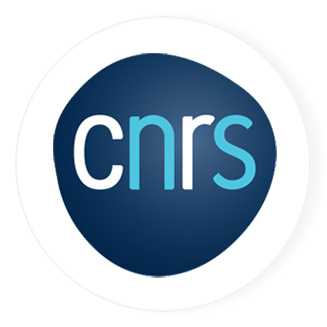 |
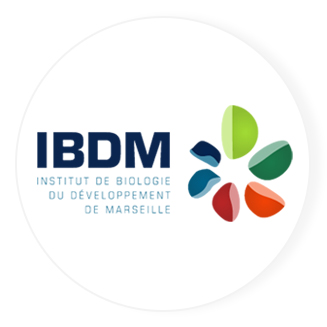 | 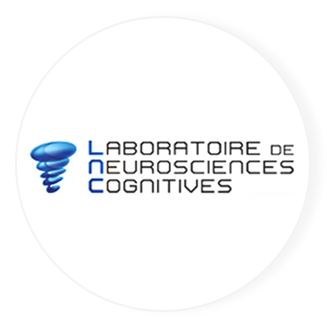 |


Super exciting event! Very nice article!! WELL DONE!!!